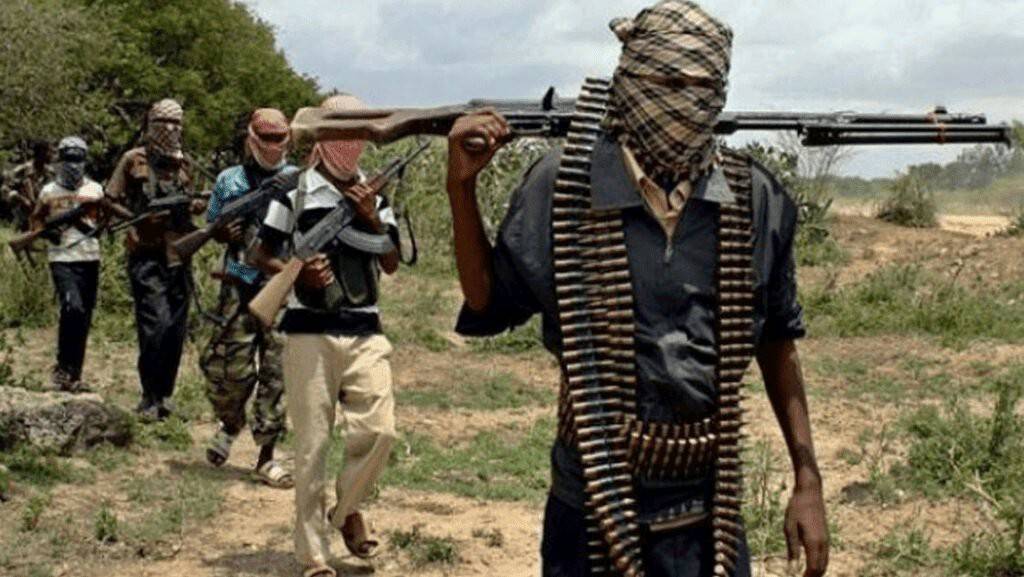The town of Bawku in Ghana's Upper East Region continues to be plagued by violence, with three more lives lost this week due to clashes linked to the long-standing chieftaincy conflict. The latest killings, confirmed by security sources, occurred in the Daduri suburb, where several houses were also set ablaze, leaving residents in fear and uncertainty.
The tragic incident adds to the rising death toll, now at 26, since the conflict's resurgence last month. The ongoing hostilities have cast a shadow over efforts to restore peace in the troubled region. Local authorities and security agencies are working tirelessly to contain the situation, but the renewed disturbances following the controversial return of Seidu Abagre, a rival chief, have reignited tensions, causing widespread devastation.
### The Root of the Conflict
The Bawku conflict is rooted in a chieftaincy dispute that has spanned decades, involving rival factions vying for the title of paramount chief. These disagreements are fueled by historical claims, ethnic rivalries, and political influences, creating a volatile environment where any perceived provocation can escalate into violence.
The recent upheaval began when Seidu Abagre, a rival chief, returned to the town, triggering unrest among opposing factions. This development not only deepened divisions but also brought back painful memories of previous clashes. It led to violent confrontations that have displaced many residents and claimed innocent lives.
### Rising Death Toll and Destruction
The latest fatalities in Daduri highlight the severity of the ongoing crisis. Witnesses reported that heavily armed assailants attacked the area, leaving destruction in their wake. Houses were set on fire, forcing families to flee with little more than the clothes on their backs. The grief-stricken community now grapples with the loss of lives and property, with many seeking refuge in safer areas.
The cumulative death toll of 26 underscores the urgent need for a sustainable resolution. Local leaders and peace advocates are calling for an immediate end to the violence, emphasizing that further bloodshed will only deepen the divide and hinder development in the region.
### Government Intervention
In response to the escalating crisis, Ghana’s Interior Ministry imposed a curfew on Bawku, restricting movement during certain hours to prevent further violence. Security personnel, including police and military forces, have been deployed to maintain law and order, but their presence has not deterred sporadic attacks.
The curfew aims to de-escalate tensions and provide an opportunity for dialogue among the warring factions. However, critics argue that curfews alone cannot address the underlying issues fueling the conflict. They stress the need for comprehensive strategies that include mediation, reconciliation, and development initiatives to address the grievances of all parties involved.
### Humanitarian Impact
The conflict has taken a significant toll on the people of Bawku, with many residents living in constant fear. Businesses have closed, schools remain shut, and healthcare services are disrupted. Displacement is another pressing issue, as families forced to abandon their homes struggle to find shelter and basic necessities.
Humanitarian organizations and local volunteers are stepping in to provide assistance, but resources remain limited. The prolonged nature of the conflict has strained the community's resilience, leaving many questioning when peace will be restored.
### Call for Lasting Peace
Stakeholders in the region, including traditional leaders, civil society groups, and government representatives, have renewed calls for lasting peace. They emphasize that the resolution of the chieftaincy dispute is key to ending the cycle of violence.
Mediation efforts have been attempted in the past, but the lack of trust between the factions has often derailed progress. Observers suggest that a neutral body, possibly supported by international peacebuilding organizations, could facilitate dialogue and ensure that agreements are honored by all parties.
Religious leaders have also joined the call for peace, urging the warring factions to prioritize the welfare of their people over personal ambitions. They stress that the loss of innocent lives is unacceptable and that true leadership lies in fostering unity and development.
### The Path Forward
While the situation in Bawku remains dire, there is hope that concerted efforts by all stakeholders can pave the way for peace. The government must take a proactive role in addressing the root causes of the conflict, including issues of governance, economic disparities, and social cohesion.
Long-term investments in education, infrastructure, and job creation could help alleviate some of the frustrations fueling the conflict. Equally important is the need for community-led initiatives that promote dialogue and reconciliation, allowing the people of Bawku to rebuild trust and coexist peacefully.
As Bawku mourns its latest losses, the broader Ghanaian community looks on with a mix of concern and hope. The tragedy serves as a stark reminder of the devastating consequences of unresolved disputes and the urgent need for unity in addressing the challenges facing the nation. Only through collective effort and unwavering commitment to peace can the people of Bawku move beyond the shadow of violence and build a brighter future.




No comments yet
Be the first to share your thoughts!